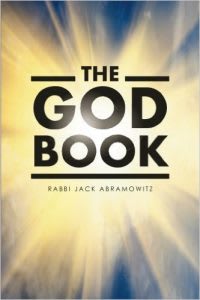21. The Necessary Qualifications to Receive Prophecy
In order to become a prophet, a person would have to meet the following criteria [II, 36]:
- He must be mentally sound;
- He must be physically healthy;
- He must have studied to the extent that he has acquired wisdom;
- His intellect must be finely developed;
- He must have conquered his passions;
- All of his desires must be towards acquiring an understanding of the mysteries of the universe;
- His thoughts must be of a lofty nature;
- His attention must be directed towards God;
- He must have overcome baser physical urges, like gluttony and lust;
- He must likewise have overcome any desire for honor and power.
If a person has achieved all of these preconditions, plus he happens to have the finely-honed imaginative capacity we previously discussed, then he will see things very differently from the way the rest of us see them. His knowledge will be of real things and his thoughts would be directed toward improving things among the members of the human family.
Prophecy requires perfecting oneself both intellectually (by training the mind) and morally (by overcoming one's lower ambitions and physical passions). One must also perfect that necessary imaginative capacity. Since people achieve these goals to varying degrees, the quality and intensity of prophets' abilities will necessarily vary. (This makes perfect sense. Scholars are not all equally wise. Sprinters are not all equally fast. Why would one expect all prophets to be equally adept?)
It should come as no surprise that a person's intellectual and mental abilities can be temporarily impaired. One might not be able to pass a calculus final without sleep, and one might not be able to move furniture with a back sprain. Similar, it's possible for one's imaginative skills to be temporarily impaired, impeding an otherwise-present prophetic ability. Prophets cannot receive messages when they are angry, in mourning, or in other forms of bad moods. This is why Yaakov (Jacob) did not receive any prophecies when he was mourning for Yosef (Joseph), nor did Moshe when he was troubled by the people's various complaints and rebellions in the wilderness. We see that the prophet Elisha sent for a musician to lighten his mood so that he would be able to receive God's Word (II Kings 3:15). A group of prophets in I Samuel (10:5) was accompanied by a band of musicians for the same reason.
This is one of the reasons we don't have prophecy today. The dark cloud of exile hangs over us, impairing spiritual reception, even for those who might otherwise possess the capacity. This was foretold in such verses as Amos 8:12 ("They will run back and forth seeking the Word of God but they will not find it") and Eicha 2:9 ("...and prophets receive no vision from God"). This ability will, however, be restored to us in the Messianic era.

